|
12/9/2023 0 Comments Diversity in the History Curriculum with Dr Miranda Kaufmann| Black Tudors and Other Untold Stories "Whatever the curriculum says, YOU have the power to change what happens in the classroom.” We were pleased to welcome historian, author, raconteuse, Dr Miranda Kaufmann at the end of term to conclude our 2022 – 2023 SWIFT History Masterclass series with her talk on Diversity in the History Curriculum: Black Tudors and Other Untold Stories with inspiration from her book, “Black Tudors: The Untold Story.” "[It is too easy] by emphasis and omission to make children believe…that every great thought was a white man’s thought and every great deed…a white man’s deed.” (W.E.B. DuBois, American sociologist, historian, civil rights activist and author). The impactful inclusion of Black British History is clearly and increasingly a vital priority in diversifying the curriculum. Yet, curriculum observers will know that it is not new. Teaching Black History dates back to the introduction of the National Curriculum 30 years ago with guidance to teach “the essential knowledge that they [children and young people] need to be educated citizens.” The important starting point is to acknowledge that Black History is British History. It is not and should not be a hidden truth. Even if some school History textbook covers have conventionally (and painfully) mispresented Black History with clichéd images of enslaved people. Quoting from Zadie Smith’s acclaimed novel “White Teeth,” Miranda highlighted this recurrent ignorance in the miseducation of Irie Jones. In the story, when Irie, the daughter of an Englishman and a Jamaican woman is studying Shakespeare’s sonnets, she asks her teacher Mrs Roody if the “dark lady” is “black” to which Mrs Rooney replies: “No dear, she’s dark. She’s not black in the modern sense. There weren’t any… well, Afro-Carri-bee-yans in England at that time, dear. That’s a more modern phenomenon, as I’m sure you know. But this was the 1600s. I mean I can’t be sure, but it does seem terribly unlikely, unless she was a slave of some kind, and he’s unlikely to have written a series of sonnets to a lord and then a slave, is he?” Uncomfortable, and as Miranda was to show us, inaccurate. But the good news is that this perception is changing and clarifying. 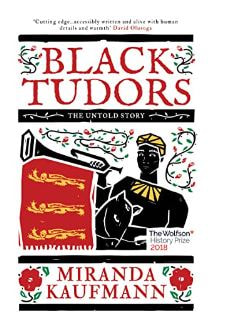 In a highly engaging talk, it was a refreshing revelation for me, and the Subject Leaders and Teachers of History in the audience to know and understand that over 200 Africans were living freely in Tudor England as Miranda drew on examples from her book featuring the stories of ten Black Tudors. Wonderfully intriguing and individual roles, such as John Blanke, the Trumpeter, Jacques Francis, the Salvage Diver and Mary Fillis, the Moroccan Convert. All of which intensely and intelligently refuted two common assumptions about Black British History. Firstly, there were Africans in Tudor England over 400 years before the first Windrush immigrants disembarked in Tilbury, Essex. Secondly, they were not enslaved. A clear and compelling case to refute those stereotypical textbook covers. Next, by teaching Black British History, those students with African ancestry can feel a sense of belonging, in that they are part of British History too. Clearly, an important piece of diversity, equality and inclusion work; which will hopefully encourage Black students to pursue history to GCSE, A Level and beyond; eventually impacting the way History is studied and presented by academics and popular historians, enhancing the discipline with a broader range of perspectives. Teaching Black British History can help to support the struggle against racism in challenging racist assumptions that immigration is a 20th Century phenomenon – and can be reversed. As Miranda shows in her book, focusing on the stories of African figures from the past can encourage empathy. By extension, this helpfully supports a timeline of understanding the ‘before’ the period of slave trading and colonisation and the after; and powerfully demonstrates the role of questioning assumptions in the study of History. The “interruption of the psyche” (Whitburn and Mohamed, Justice 2 History). 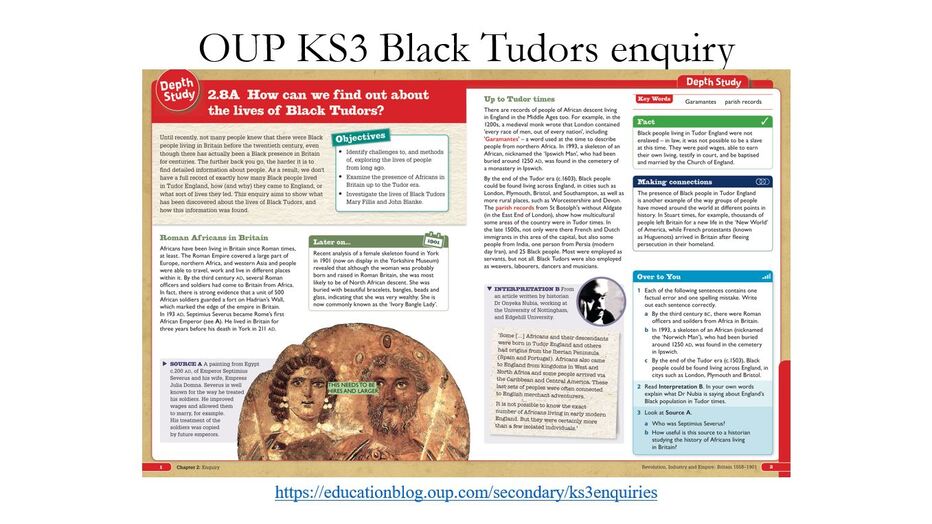 As in any curriculum change, there needs to be a long-term commitment and schools and teachers can play their part and we thank Miranda for sharing the following helpful suggestions to upskill and up-knowledge teaching of Black British History in the classroom:
With thanks to Miranda for her motivating and enlightening talk that made us all think about the endurance of Black British History and for sharing ways to teach and bring to life this significant part of history that can inform the present. By Jude Owens, PA to the Executive Team and Governance
0 Comments
31/1/2023 0 Comments SWIFT History Masterclass Session 3 | Revision Strategies in History with Carmel Bones“Revision is for life. Not only for exam time.” The third SWIFT History Masterclass session was led by a popular personality in the History teaching community. Carmel Bones’ credentials testify to her competence and commitment to the profession. But being in the same room as Carmel – albeit virtually – her enthusiasm and passion for teaching, plus her tried and tested experience from a 30-year teaching career (so eagerly shared) were wonderfully apparent. You can read Carmel’s biography at the end of this report. Carmel’s session on revision comes at a point when reinvigorating this fine art is proving to be a challenge in schools. Carmel is clear that students need to get used to revision, that it requires mental effort by them as the learner and that they are responsible. Teachers can only do so much. Fostering independence and autonomy so that students are motivated to do their own revision is essential. “Students, your learning needs you.” Forget the idea of looking through folders and exercise books to recognise information. Take a blank piece of paper and retrieve the information from the forefront of your mind. Clearly, students have different starting points so cues and prompts maybe needed too. But by embarking on revision skills with the younger years it is natural for GCSEs. Get students into good habits of learning and memorising and retrieving - early. Rather than leave revision until Easter or when the exams are imminent, revise as you go along. Teachers need to be ambitious and do what they can do to support students, to get the information into students’ heads… and the best grades will ensue. Try this tested technique by Carmel’s daughter. Ciara felt that she had been “given” her GCSEs as a child of the Covid lockdown and did not know how to revise for her A Levels last year. So, she fast-filmed herself making old fashioned flash cards, and then tried to recall what she could by mind mapping and noting any gaps, before returning to the flash cards or text books as necessary. This method tested her memory and retrieval and enabled her to note her progress. Ciara’s History grade A* endorses her method. Worked for her! But with the obvious cautionary note to put distracting mobile phones and tablets away when revising! Referring to evidenced research. Check out The Great Teaching Toolkit that encourages hard thinking and embeds understanding. Lots of R words! Reinforce the information. Review and revisit as you go along. Retrieve. Revisit. Retain. Rehearse. The most effective revision is practising retrieval and calling the information to mind. Use it or lose it (as they say)! Also see Dough Lemov’s Teach Like a Champion - a study of the craft of teaching with successful outcomes. Memory is the residue of thought. Make it stick. On that sticky note, Carmel recalled her own Geography teacher guiding her to remember how liquid stays hotter for longer than the land. He literally made it sticky with the treacle sponge principle. Perfect (and delicious!). Other personal examples: PG Whips, à la PG Tips… to remember Parker, Grindal and Whitgift Elizabeth I’s three Archbishops of Canterbury. Use mental models that work for the students and ask them to share how they remember. With gusto and glee Carmel shared a plethora of top tips. Invite students to write a song, or a mnemonic to help them remember the material. Choral speaking: sing it back! Try the catchy Pomodoro Technique (for everyone, including Italophiles!). Use a timer for students to recall information. Register Wars. An idea from Lesley-Ann McDermott shared at the Schools History Project 2017. Tee up the students beforehand. Mix up the students’ surnames and when you call out their name for the register, they have to say a word linked to what you have been studying. Keep it live, active and low stakes and it very quickly shows any gaps. An added twist, include a buzz word that places extra emphasis as the golden word. Given the register is a legal document and students have to answer for their name high participation is guaranteed. Dare to devolve the revision sessions to the students. Get them to lead the class and ask questions and summarise learning. Create a supportive environment and motivate students to make them want to revise. Build class camaraderie and collaboration by planting a secret (student) spy who reports back at the end of a lesson on who has worked particularly well. Students look out for each other and it also means the teacher is not always on the case. Check out the technology. Use multiple choice questions with the free card activity plickers or Ankiapp flash card app. Get the students moving. Harking back to her childhood, Carmel suggested taking revision out of the classroom, say to the school hall. A different (novel) location can boost recall. Inspired by the 1970s children’s tv show “Runaround,” invite students to select multiple choice answers by standing on mat 1, 2 or 3. Make their thinking visible. Go deeper and controversial and work up to an essay question or debate. Another game. Bunch of 5ss. Demoed by willing volunteers, Becky, Paul and Andrew, who in a classroom situation would have been out at the front. Model the rules first: One asks the questions. One answers the questions. One counts the bunch of fives. Set the timer and let’s play! Name five types of cake… Fun either verbal and/or written, the game of 5’s creates an element of competition that students love. They see progress, are motivated and can spy any gaps for urgent revision. This can also be a paper-based activity as inspired by Karen Knight. More games. Create a simple fact board, 6x6 grid. If students land on a square they say five things about the topic. Tarsia puzzles that connect topics. The Bermuda triangle to fill in the missing pieces. Summarising pyramids of information with words and phrases visually themed for the time of year. So, lots of ideas to retain information, next to do something with it and look after it as if it is precious. Learning is a reiterative process. Turn it into pictures or diagrams. Encourage students to make it their own. Testing and study are interchangeable and highlights those important gaps. Get the students to mark each other’s own work. They will want to close the gaps in real time and it also stimulates discussion and pride in their work. Look at the derivation of words that can help to remember and embed subject specific terminology. In a lovely supportive way mirroring school and home, students’ families can get on board too as the teaching triangle. The Protégé Principle, of teacher, student + someone on their side at home who supports their revision. Who would have thought that revision could be such fun? Were it not for the confines of our hour session, Carmel would have clearly raced on with even more ideas and insights. But we were grateful for the time and thank Carmel Bones for being an uplifting and enriching History Masterclass session 3 speaker. We thank Becky Bailey, Executive Director of History of Westcountry Schools Trust for organising the SWIFT History Masterclass Series and of course, our delegates for their whole-hearted participation. Report by Jude Owens, PA to the SWIFT Executive Team Carmel Bones | Biography
Carmel Bones is an Honorary Fellow of the Historical Association. A regular conference contributor she spoke at the Historical Association National Conference in Bristol May 2022. During the lockdown, Carmel formed part of the national BBC Daily Bitesize lockdown team producing tailored content for home learning used by millions of families and collaborates extensively in schools across the UK and Europe focusing on all aspects of learning and teaching; real and remote. 2023 Sees the launch of the ReTeach History Podcast series with Carmel as host and two new BBC Bitesize GCSE History series focusing on USA in the 20th Century and Crime and Punishment Through Time. These followed her highly acclaimed ‘Explain This’ and ‘Cluetubers’ Series’ for BBC Teach. In 2020 she was listed in the prestigious Edtech50 for her innovative work bringing the historic environment to life through virtual visits as part of teacher and student webinars and was a finalist in the Teach Secondary Awards Best CPD Category 2022. Carmel’s secondary content work with Clickview and Hodder was nominated for the Bett Awards 2020 and Teach Secondary Awards 2020. Her work on curriculum design was published in Teaching History Magazine in December 2021 and she was appointed to the ReTeach Content Board. She has co-authored two Amazon best-selling Hodder books in the ‘My Revision Notes’ series for GCSE History. Carmel is proud to be a long-standing trainer and team leader for the Osiris Teaching Intervention leading the first secondary and whole school cohorts in Scotland. |
SWIFT News
|
SPONSORED BY
Join us, be a part of our SWIFT community |
© COPYRIGHT 2022 SOUTH WEST INSTITUTE FOR TEACHING SWIFT. ALL RIGHTS RESERVED | Website by brightblueC
VIEW OUR PRIVACY NOTICES | VIEW OUR COURSE T&CS
VIEW OUR PRIVACY NOTICES | VIEW OUR COURSE T&CS

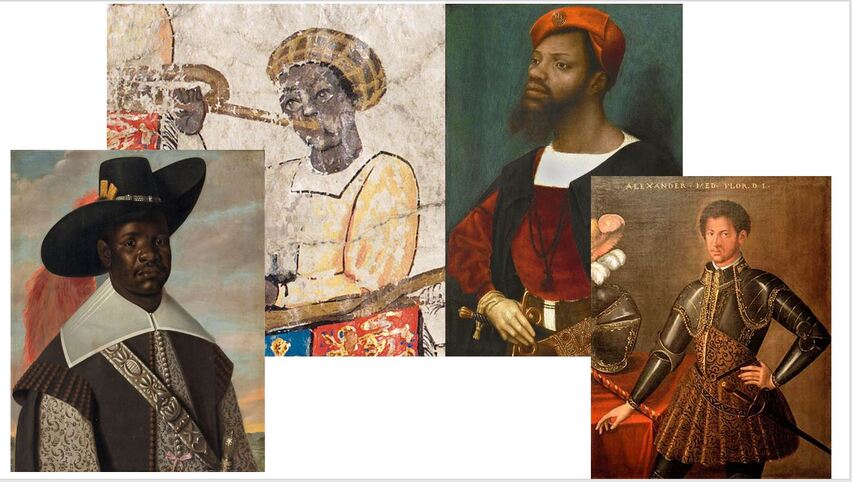
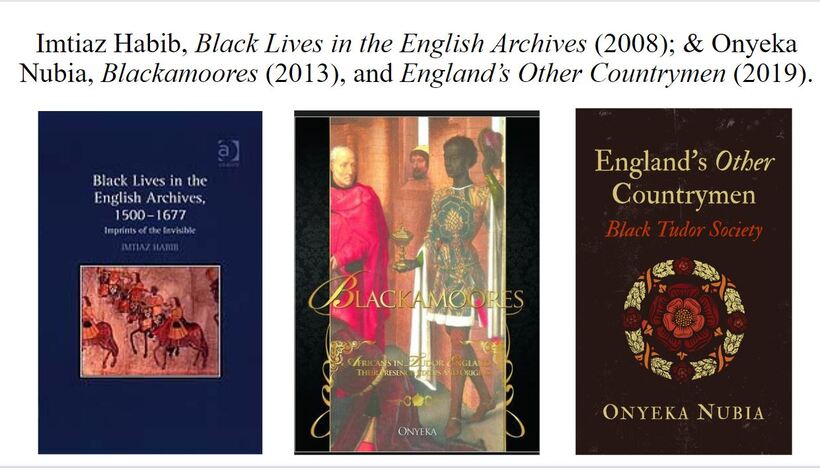
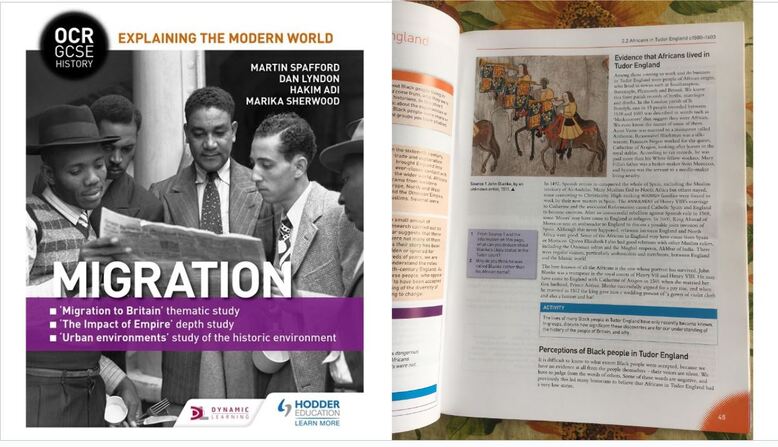
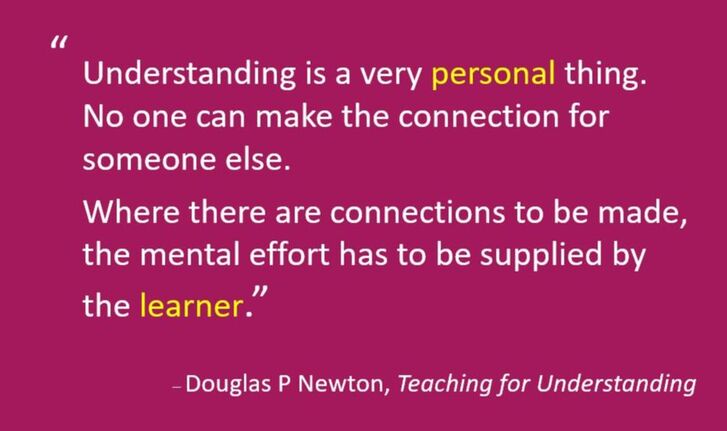
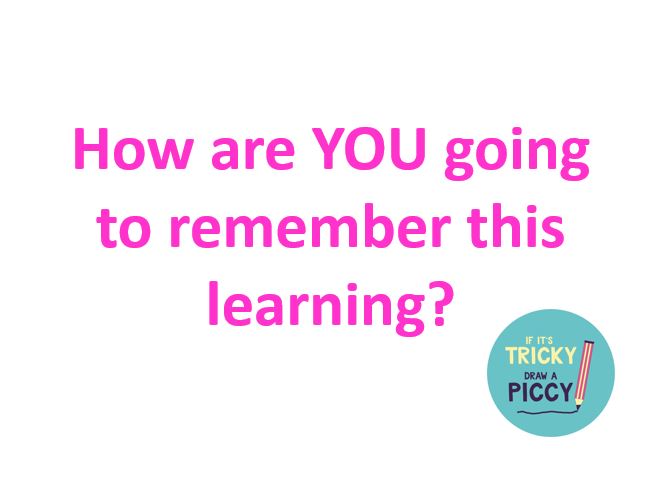

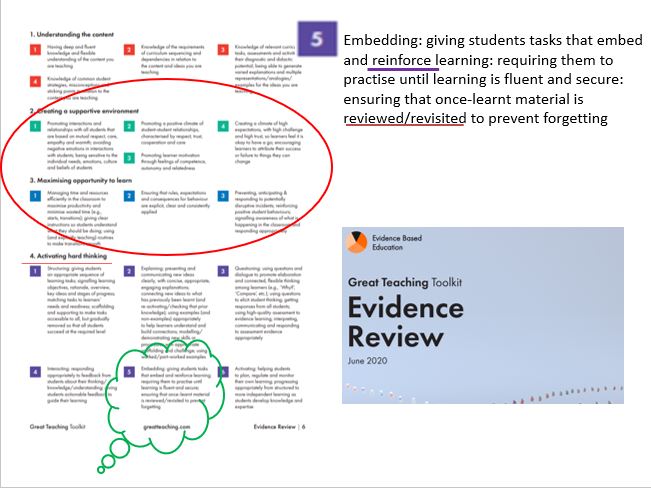
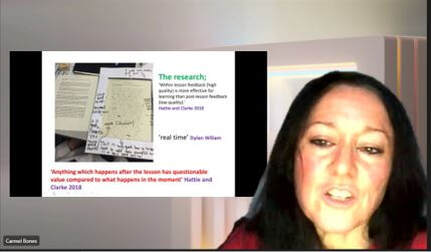
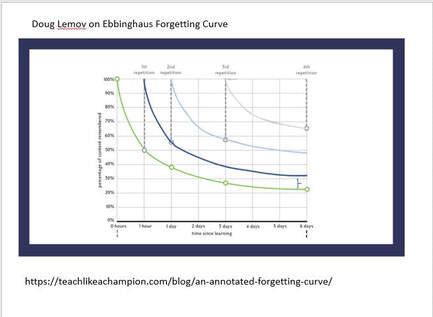
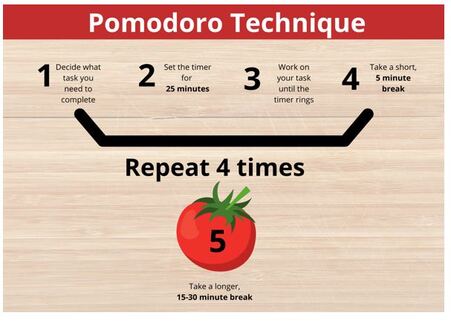
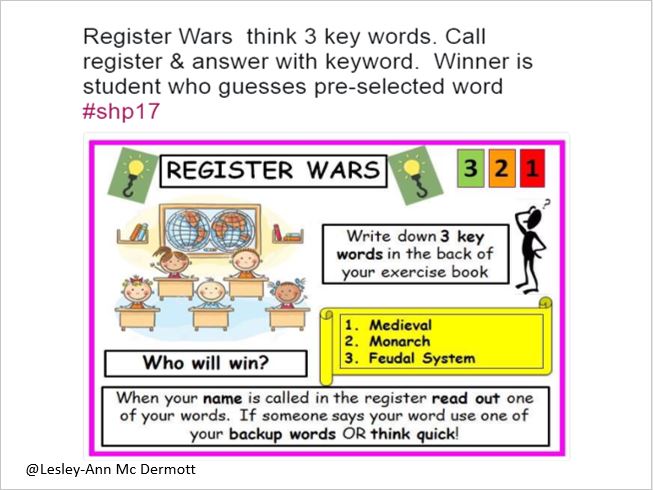
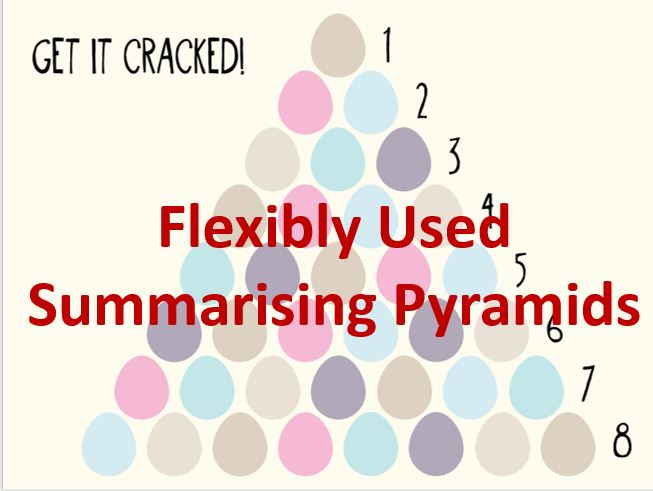
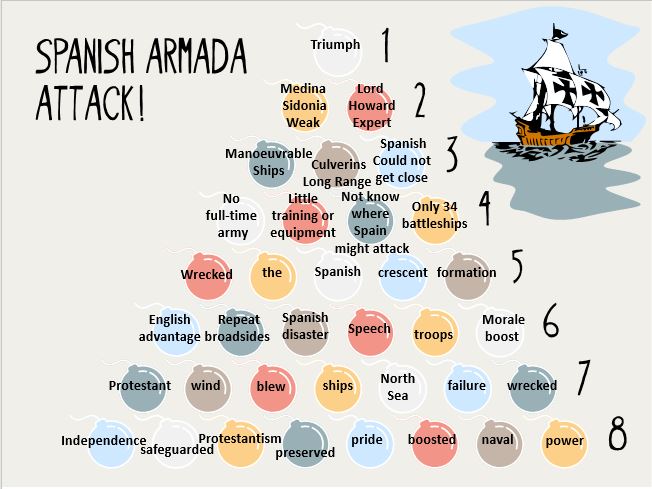
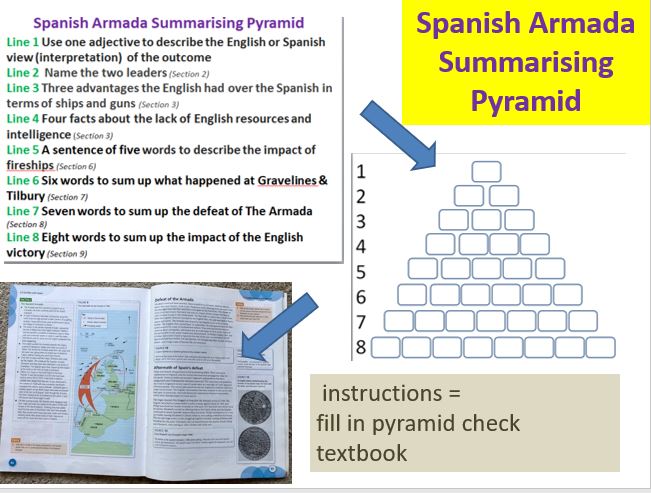

 RSS Feed
RSS Feed





